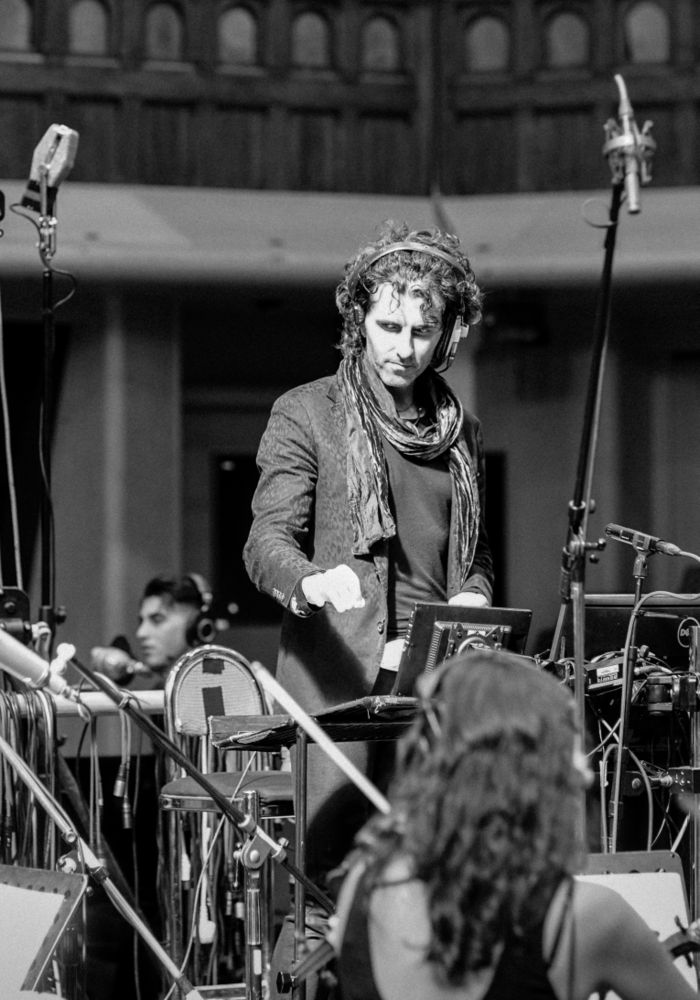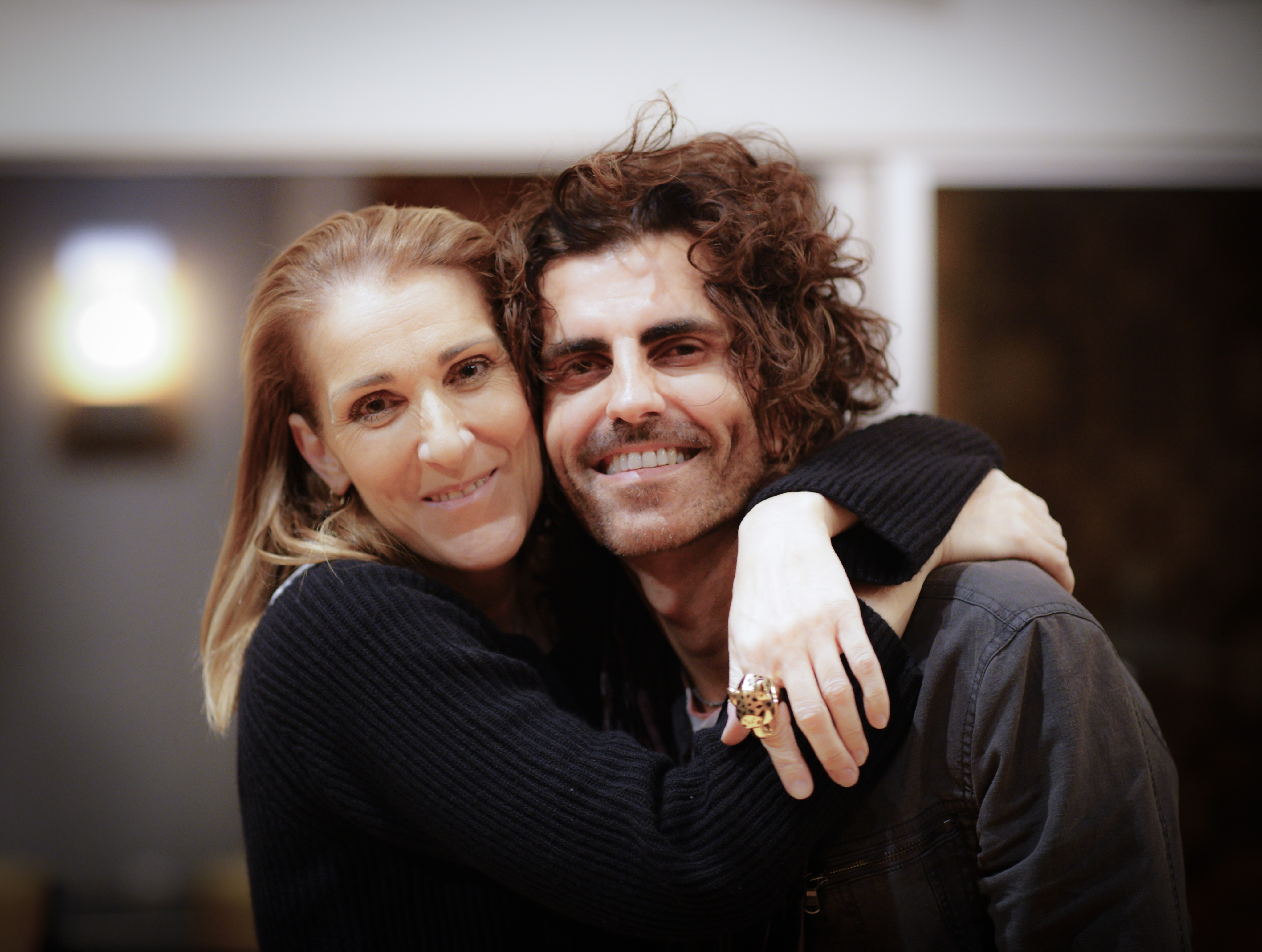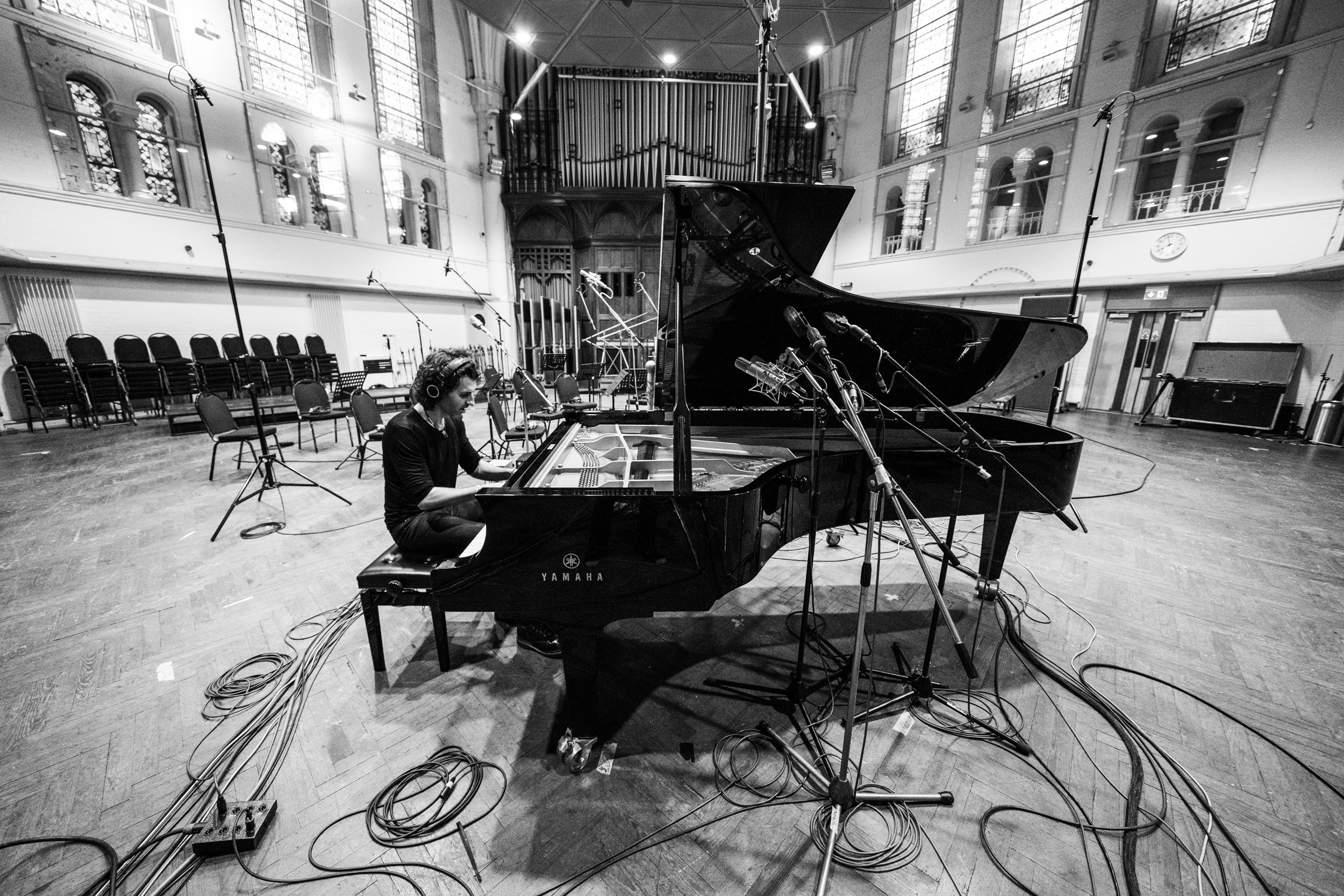Stephan Moccio, songwriter and producer for some of the biggest artists on the planet, including the likes of Celine Dion, The Weeknd and Miley Cyrus, tells Headliner about his new solo album Lionheart and what it takes to become one of the world’s most in-demand studio talents…
There was never really any doubt that L.A-based, Canadian musical maestro, songwriter and producer, Stephan Moccio, was going to make a career in music. Born into a family of accomplished musicians and entrenched in classical music education from the age of three, it was perhaps inevitable that he would enter his teens and early adult years with a considerable set of musical chops at his disposal. What wasn’t quite so predictable was the reputation he would carve out as one of the finest and most sought-after pop songwriters and producers on the planet.
Among the standouts on an extensive list of writer and co-writer credits are: Miley Cyrus’s Wrecking Ball, The Weeknd’s Earned It, numerous songs and a long-standing relationship with Celine Dion and a string of hits with the likes of Avril Lavigne, Josh Groban, Dua Lipa, Lykke Li, Seal, James Blunt and many others.
He’s also notched up three Grammy nominations, one Oscar nomination and was a judge on Canada’s Got Talent. Oh, and he was also the composer of 2010 Vancouver Winter Olympics theme I Believe, performed by Nikki Yanofsky.
“Writing that was huge,” Moccio tells Headliner as we reach him via Zoom at his spacious, sunlit L.A home. His demeanour is incredibly laid back. His meditative tone, slight frame, thick mane of dark hair and few days-old stubble possessing shades of late-Beatles era George Harrison.
“There was the song, but there were 257 musical cues I wrote for TV and the Olympics ‘suite’. I learned so much and it was such an enriching experience, but it was the most stressful thing I’ve done in my life. The pressure on my shoulders was huge but it was a colossal success because I knew that piece of music was golden."
So how did Moccio make the leap from prodigious young talent to bona fide studio superstar?
“My parents were adamant that my brother and I start piano lessons at the age of three, at the Royal Conservatory of Music in Toronto,” he says.
“The entire lineage on my mum’s side are all pianists, so it was expected that I would have some kind of life in the arts. Some children aren’t as fortunate, and their parents think that pursuing the arts is not a stable thing for the future. I immediately had season tickets for the ballet, and I went to numerous concerts.
“I grew up in Canada, in a border city to the United States, and by virtue of being so close I listened to a lot of American radio. So, while I was learning my classical chops I was being seduced by American pop culture, that’s where the duality, the swiss army knife in me came from – the classical and the pop amalgamated and my love for both is strong for different reasons. From then I learned other instruments, played in bands, and that helped me become a better producer.”





